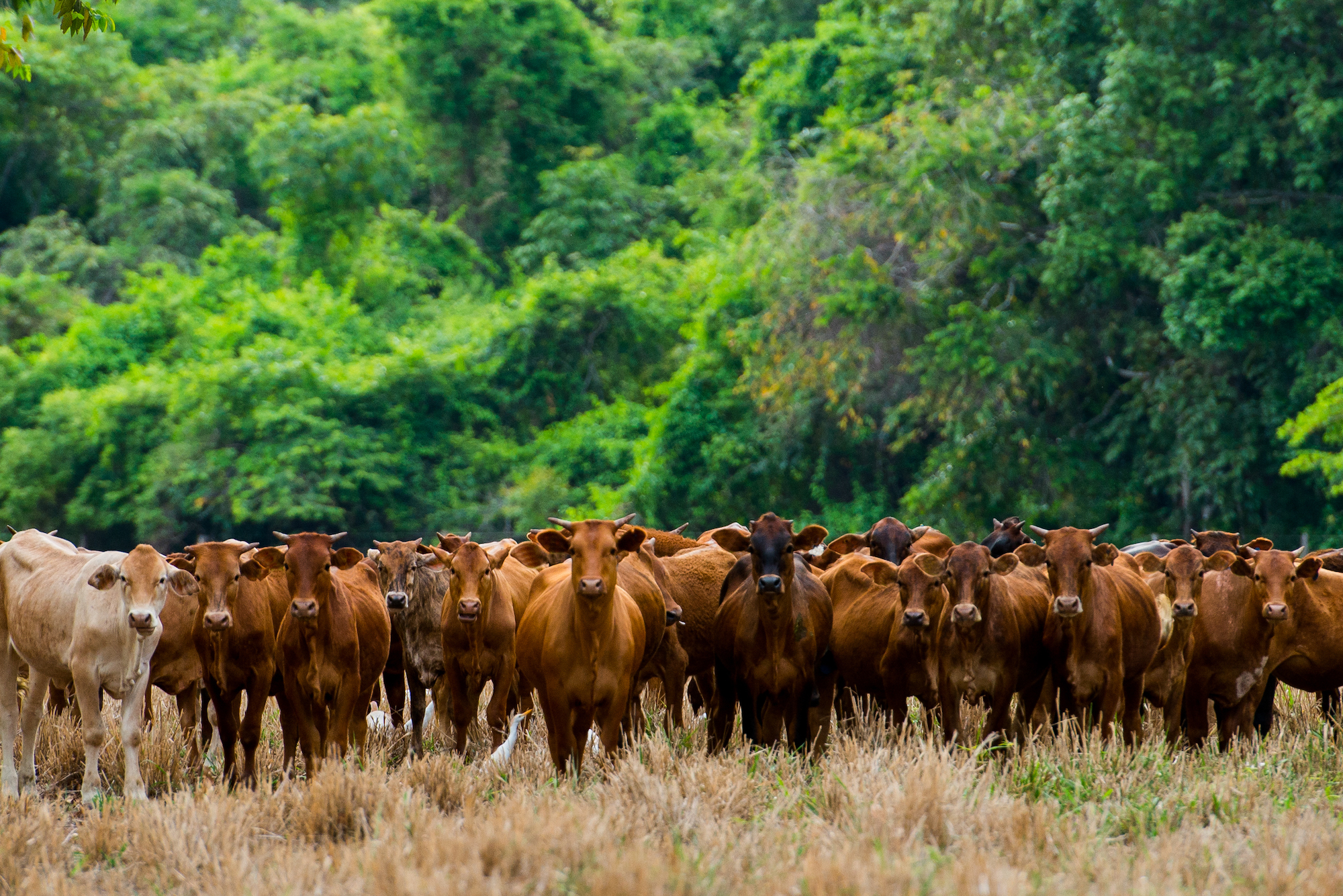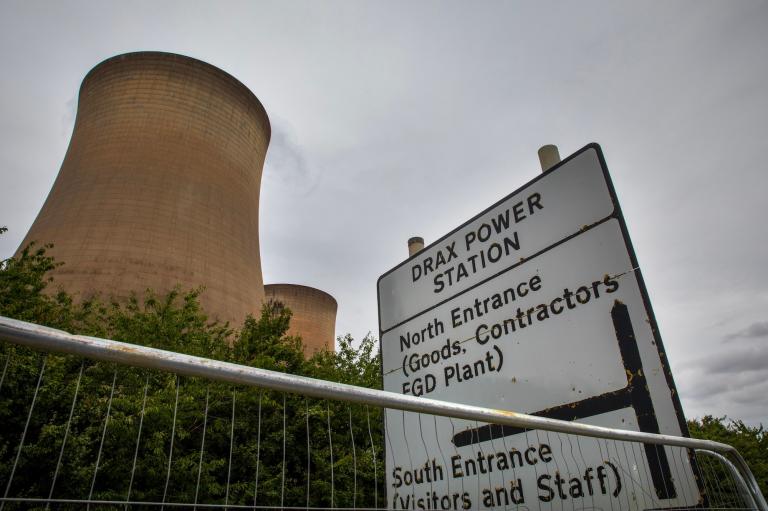Major fashion brands like Zara, Coach, Adidas, Dr. Martens, and at least 80 others may be indirectly driving deforestation in the Amazon due to their relationship with vendors that source materials from “opaque supply chains,” according to a new report from the research firm Stand.earth.
The analysis took a look at the last links of the long, complicated supply chain for leather goods — tanneries, leather processors, and manufacturers. Researchers wanted to figure out if popular fashion companies were receiving leather from suppliers with ties to deforestation in the rainforest, companies like JBS, Brazil’s largest leather exporter. Stand.earth looked into 500,000 rows of customs data, including exports and imports from countries like Brazil, Vietnam, China, and Pakistan. Analysts then cross-referenced it with information such as fashion brands’ voluntary disclosure lists of their manufacturing providers.
The researchers found that more than 50 brands have been linked more than once — either directly or via intermediaries — to JBS. The leather company pledged to eliminate deforestation-related activities from its supply chain by 2035, but has been repeatedly linked to illegal clearing of the forest. Another 25 fashion companies were linked potentially to vendors engaged in deforestation activities in Brazil at least once.
“The fashion industry is known for deliberately obscure supply chains that hide massive human rights and environmental abuses,” Colin Vernon, co-founder of Slow Factory, a nonprofit that collaborated on the report, said in a statement. “Given the very lax standards and enforcement on the part of the Brazilian government, we are calling on global brands to make sure that they can prove that their supply chains are clean, without relying on the word of their suppliers, or standards that have massive loopholes.”
Nearly two-dozen of the companies found to have links with illegal logging and land clearing — brands like Fendi, Louis Vuitton, and H&M — previously pledged to develop transparent supply chains. The new findings signal they are potentially breaching their own commitments. The other companies named in the report have no policies addressing deforestation-linked leather supply.
“The truth is, the Amazon is being burned down to raise cattle for meat and leather, and brands have the power to stop it,” Vernon said.
The origins of leather goods have been in the spotlight recently. A recent New York Times investigation on the supply chain of leather for luxury cars found that there are regulatory loopholes being exploited by key players of Brazil’s slaughterhouse industry, allowing them to hide where cattle are raised on illegally deforested land. The Times analysis found that JBS suppliers include ranches that overlap with at least 2,500 square miles of Indigenous lands and illegally deforested areas.
Advocates are pushing for stronger measures to tackle deforestation in supply chains. Two weeks ago, European Union parliamentarians proposed a law to stop the import of deforestation-linked goods into the EU, which would force all imports of goods like cacao, soy, beef, palm oil, wood, and coffee to provide geographic information on their origin, among other measures. Even if it’s the most ambitious legislative effort currently being discussed anywhere, its impacts are likely to be very limited, Rachael Garrett, an environmental policy professor at ETH Zurich, told Grist.
That’s because of the limited market share of the EU, as well as “the high potential that companies will just avoid high deforestation risk areas, rather than working with those countries to reduce deforestation,” Garrett wrote in an email. Instead, she said, companies and governments should try to identify risk areas on a very small level — working with local farmers and smaller suppliers to find viable alternatives to deforestation.




